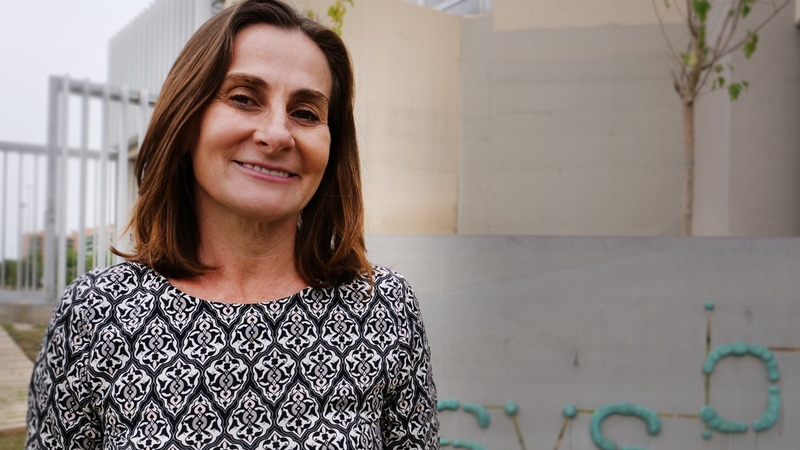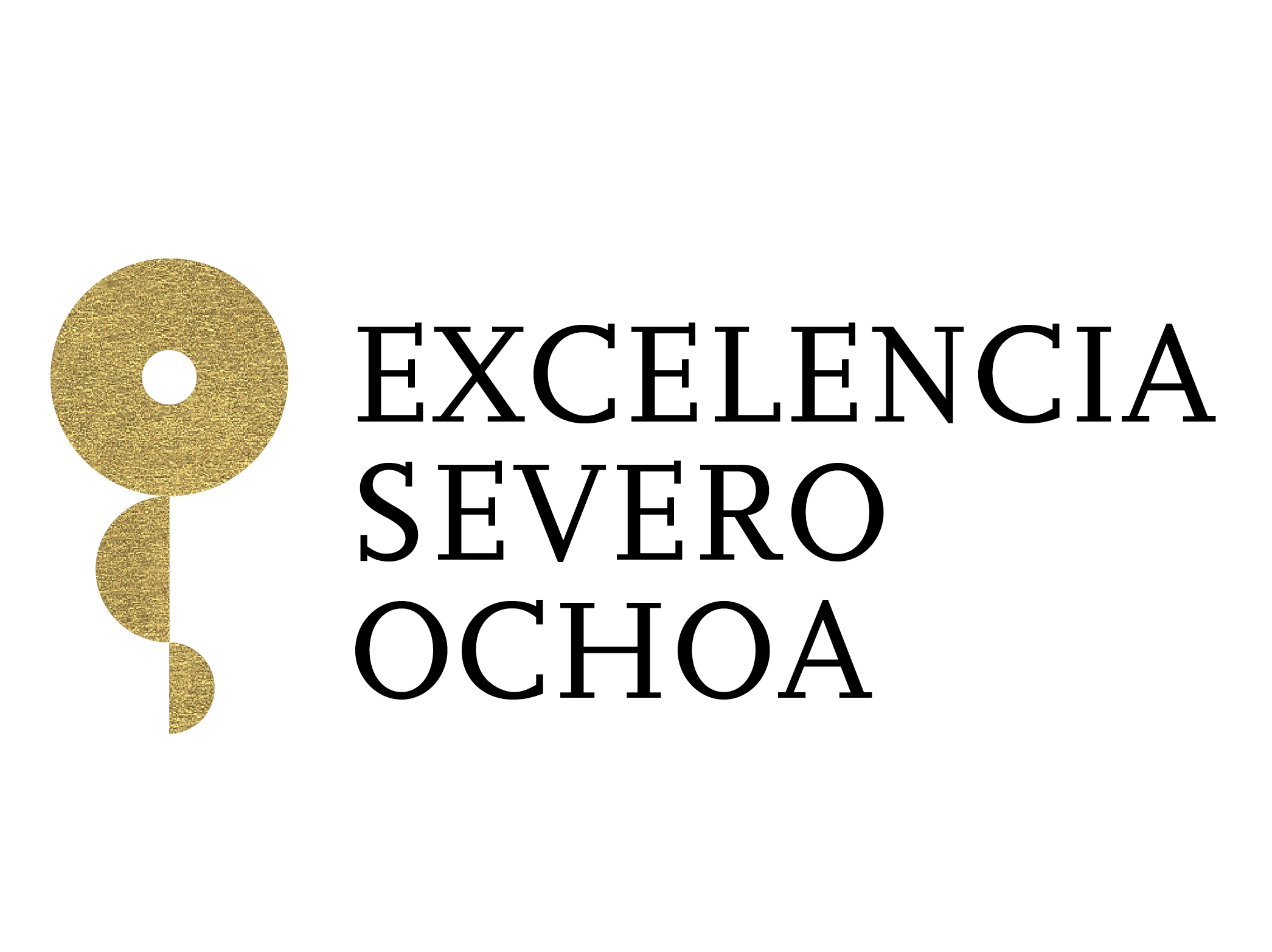Objectives
Abstract: Long reads sequencing is the Method of the Year 2022 according to Nature Methods. Applied to transcriptome analysis Long reads allow the sequencing of full-length transcripts in one single read and facilities the study of transcript variants. However, the technology is still noisy. The LRGASP project is an initiative to assess the quality of long reads methods for transcript identification and quantification. A total of 36 datasets were analyzed by 11 bioinformatics tools. In this seminar I will present the results of the LRGASP Challenge 1 on transcript identification in the presence of a well annotated genome. Novel insights into transcriptome diversity will be discussed.
 Short bio: Ana Conesa is Research Professor at the Institute for Integrative Systems Biology (CSIC) in Valencia (Spain) and Courtesy Professor at the University of Florida. She graduated as Agricultural Engineer at the Polytechnical University of Valencia in 1993 and did her PhD in at the University of Leiden in the Netherlands. After a short appointment as bioinformatics project leader at TNO Quality of Life (The Netherlands) she obtained a Ramon y Cajal award and joined the Valencia Agricultural Research Institute in 2003. She held positions as group leader at the Principe Felipe Research Center (2007-2018), and as full professor at the University of Florida (2014-2020). In 2022 she became member of the Spanish Royal Academy of Engineer and of the Board of Directors of the International Society for Computational Biology. Ana Conesa’s lab is interested in understanding functional aspects of gene expression at the genome-wide level and across different organisms. Her group has developed statistical methods and software tools that analyze the dynamics aspects transcriptomes, integrate these with other types of molecular data and annotate them functionally, with a special focus on Next Generation Sequencing (NGS) data. A strong drive in her research is helping the genomics community to bridge the gap between data and knowledge by creating bioinformatics tools that everybody can use. Some of our popular software tools are Blast2GO, PaintOmics, maSigPro, NOISeq, Qualimap, SQANTI, tappAS, etc. She has led large international projects such as STATegra and DEANN where European and American scientists developed new tools for the analysis of sequencing data and is co-organizer of LRGASP, a community-wide contest to assess the utilization of long reads sequencing for transcriptome research. Currently she leads the LongTREC consortium, a Marie Curie Doctoral Network that will develop the next generation bioinformatics tools for long reads transcriptomics. She is organizer of major international conferences in Computational Biology, has delivered over 50 keynote lectures and regularly acts as scientific advisor for funding agencies, research institutions and companies world-wide. She is also co-founder of Biobam Bioinformatics, a start-up that provides bioinformatics tools for biologists. She has published 156 research papers that have received more than 30.000 citations and has an h-index of 56.
Short bio: Ana Conesa is Research Professor at the Institute for Integrative Systems Biology (CSIC) in Valencia (Spain) and Courtesy Professor at the University of Florida. She graduated as Agricultural Engineer at the Polytechnical University of Valencia in 1993 and did her PhD in at the University of Leiden in the Netherlands. After a short appointment as bioinformatics project leader at TNO Quality of Life (The Netherlands) she obtained a Ramon y Cajal award and joined the Valencia Agricultural Research Institute in 2003. She held positions as group leader at the Principe Felipe Research Center (2007-2018), and as full professor at the University of Florida (2014-2020). In 2022 she became member of the Spanish Royal Academy of Engineer and of the Board of Directors of the International Society for Computational Biology. Ana Conesa’s lab is interested in understanding functional aspects of gene expression at the genome-wide level and across different organisms. Her group has developed statistical methods and software tools that analyze the dynamics aspects transcriptomes, integrate these with other types of molecular data and annotate them functionally, with a special focus on Next Generation Sequencing (NGS) data. A strong drive in her research is helping the genomics community to bridge the gap between data and knowledge by creating bioinformatics tools that everybody can use. Some of our popular software tools are Blast2GO, PaintOmics, maSigPro, NOISeq, Qualimap, SQANTI, tappAS, etc. She has led large international projects such as STATegra and DEANN where European and American scientists developed new tools for the analysis of sequencing data and is co-organizer of LRGASP, a community-wide contest to assess the utilization of long reads sequencing for transcriptome research. Currently she leads the LongTREC consortium, a Marie Curie Doctoral Network that will develop the next generation bioinformatics tools for long reads transcriptomics. She is organizer of major international conferences in Computational Biology, has delivered over 50 keynote lectures and regularly acts as scientific advisor for funding agencies, research institutions and companies world-wide. She is also co-founder of Biobam Bioinformatics, a start-up that provides bioinformatics tools for biologists. She has published 156 research papers that have received more than 30.000 citations and has an h-index of 56.
Speakers
Speaker: Ana Conesa, Research Professor at the Spanish National Research Council (CSIC)
Host: Salvador Capella, INB Group Leader- Life Sciences BSC

